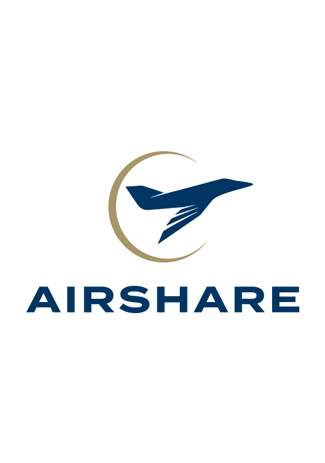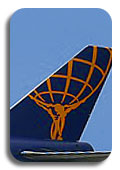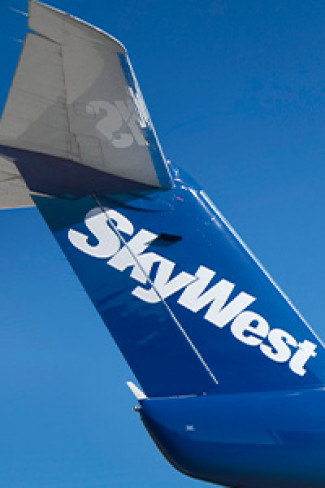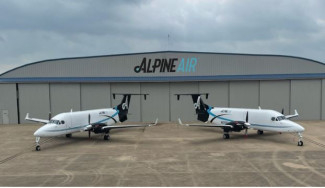Professional Attitude
Our world has changed dramatically over the past few years; terrorist attacks on home soil, our military engaged in battle overseas and the constant threat of new terror attacks on aviation. For many professional aviators there are the additional stresses of working for financially troubled carriers. After the initial numbing shock, we have all realized that the best response is to incorporate our new responsibilities and duties into our daily routine and continue to live our lives in as normal a manner as possible.
This has special meaning to each individual. Maybe you will take extra time with family, or friends. Take an extra long walk with your dog. Or, finish that project that has been underfoot for awhile.
How it impacts your performance at work directly affects the overall safety of your airline. While we are all very interested in the events of the world and the health of our airline, now is a good time to remind ourselves that we have to leave those concerns outside of the cockpit. As professional aviators we have a responsibility to remain focused on being safe crew members.
Are you well rested for your duty period? Have you eaten a healthy meal and properly hydrated yourself? None of us need to be reminded to thoroughly read the flight departure paperwork - new rules and procedures appear in the NOTAMs frequently. A concise pre-taxi brief will help set the proper tone for the cockpit. The elimination of all non-safety of flight communication and conversation below 18,000 feet (10,000 feet required) will allow everyone to help look outside for traffic, and listen to ATC communications. At all times, Who is flying the airplane? should be the first rule.
Whether planning a landing in DSM or HKG, an arrival briefing that includes the approach and anticipated taxi route will help prevent miscues. After block-in the Captain should have the professional courtesy to debrief the maintenance personnel meeting the aircraft, even if there are no logbook entries. Take care not to injury yourself lifting your bags, bend at the knees not the waist. And why not finish such a perfect flight by fastening your seat belts for the ride to the hotel?
Each and every one of us has a responsibility to ourselves, our families, other crew members and our company to perform our duties to the highest level possible. Can you really consider your performance acceptable if you are not able to return home to your family safe and sound? While society seems to ever increase the pressures on the professional aviator, your primary function is to operate safely. That is what being a professional aviator means to me.
-

Airshare 07/22/2024
-
Alpine Air 07/18/2024
-

Atlas Air 07/17/2024
-

Piedmont Airlines 07/10/2024
-

SkyWest 07/09/2024
 AIRLINE PILOT CENTRAL
AIRLINE PILOT CENTRAL